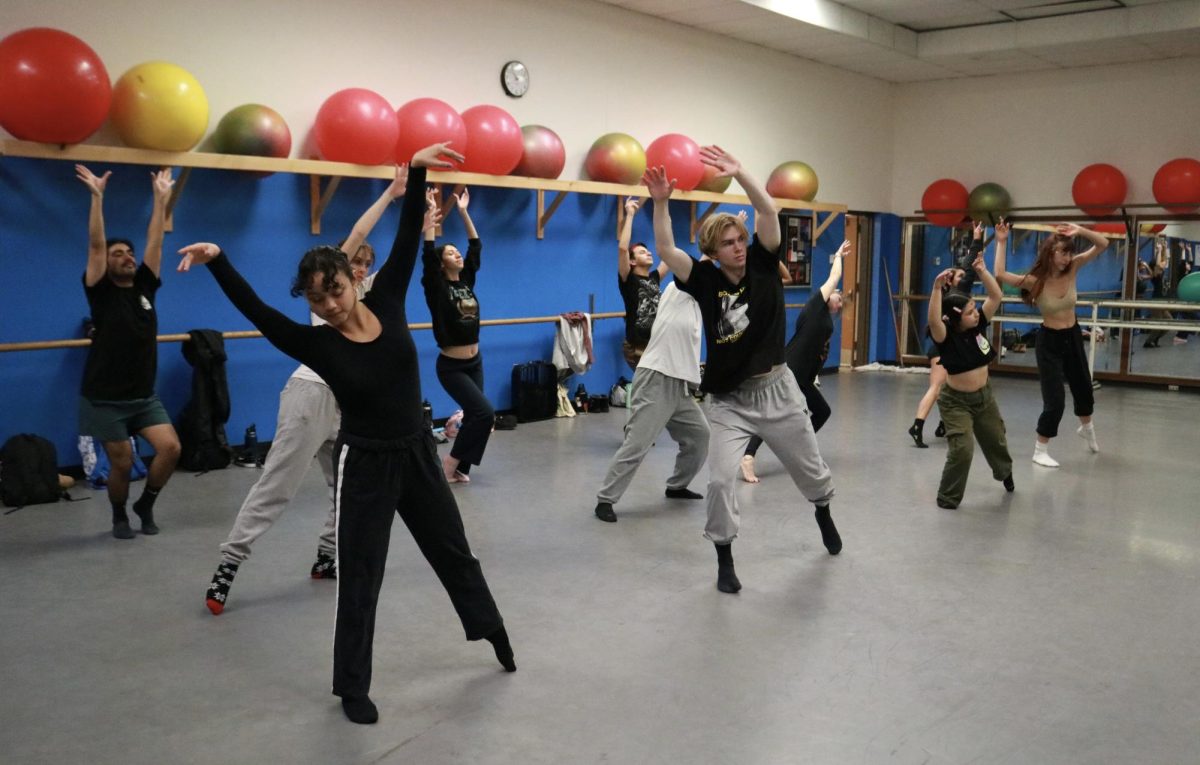A woman wakes up, does her morning rituals and heads off to work. She may or may not know that for every dollar her male co-worker makes, she is only making 72 cents.
Legislation such as “The Equal Pay Act” signed by President John F. Kennedy in 1963 has attempted to equal women’s wages to that of men.
But still, almost five decades after the act went into effect, data from the Bureau of Labor Statistics show that annually in America, the average woman makes $35,740 a year and the average male makes $46,745 a year.
“Obviously the wage gap is not right. This makes me feel like making a stand to close the gap,” Stacey Allen, behavior and social science professor, said.
Some view women as more responsible and capable as a mother than as a professional career woman.
“A reason that a woman is not equally paid is that society says she is not going to give it her all because she has family to deal with, or she looks like she might have kids soon,” Allen said.
Men are generally seen to be less emotional than women when making decisions in life as well as in the workplace.
“Being a father is advantageous and being a mother is a disadvantage in the work place,” Allen said.
Recent studies show that the wage gap is not steadily closing.
“People think that a man is going to his job for life because he has a family and it’s his responsibility to support them; and for a woman they think ‘oh she has someone at home with money who’s going to take care of her’. That’s discrimination,” Allen said.
Between 2002 and 2006 the gap went from 76.1 to 77.8 percent, (the ratio to the dollar a man earns). And from 2007 to 2009, a woman’s wage percent actually went down to 77.1 percent.
Women perceive the future gap between the sexes to continue in the long-term.
“I see the gap continuing because I don’t see the changes in society taking place fast enough. I recall reading an article stating that it’s going to take 50 years for the gap to close,” Allen said.
“In the near future, yes, but I think in the far future, if people learn more about this, there won’t be all these inequalities going on and wages will be equal.,” Natalie Lindsey, pre-nursing major, said.
Some female students who agree with Lindsey’s perspective are hopeful that the wage gap will decrease between the two sexes within the near future.
“I hope that by the time I am set in my career, I will be able to earn the same as my male colleagues,” Katelynn Rogers, 20, psychology major, said.
In an attempt to maintain privacy, the general public tends to conceal their financial information, which is why the financial gap has gone unnoticed.
“It happens without [women] knowing. People don’t walk around flashing their paychecks,” Allen said.
Construction workers, nurses and CEOs are examples of careers that tend to have a specific sense of gender assigned to them.
“The male-held stereotype dominate corporate thinking,” Jeanine Prime, author of “Women ‘Take Care’, Men ‘Take Charge'” said.
“I think there are a lot of stereotypes about what is a feminine job and what’s a masculine job, but I do believe if a woman wants to go into a field where it is mostly men she should be allowed to do that and not be treated any differently. And the same for a man,” Lindsey said.
She encourages more women to pursue their dream and not allow the label of it being a “masculine job” to stop them.
“It only takes a few people to break down barriers and that starts breaking stereotypes,” Allen said.
A push can lead to a shove and that might be all women need to get this movement moving and to break the stereotypes of their past.
“It’s our cultural perception of what is appropriate for men and women to be doing,” Allen said. “It’s just sad that the gap is lagging.”






